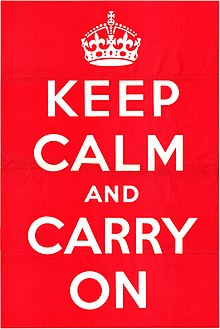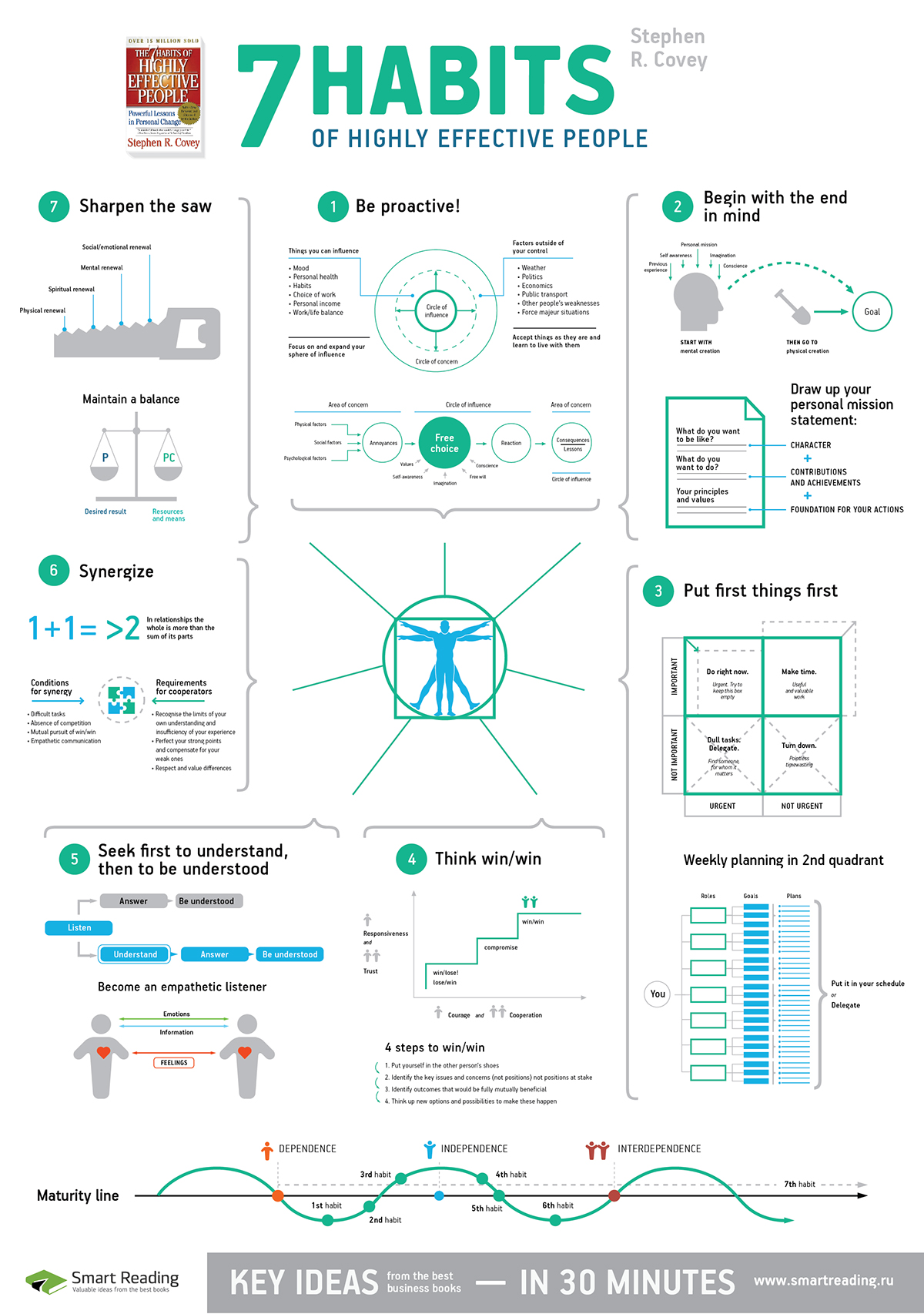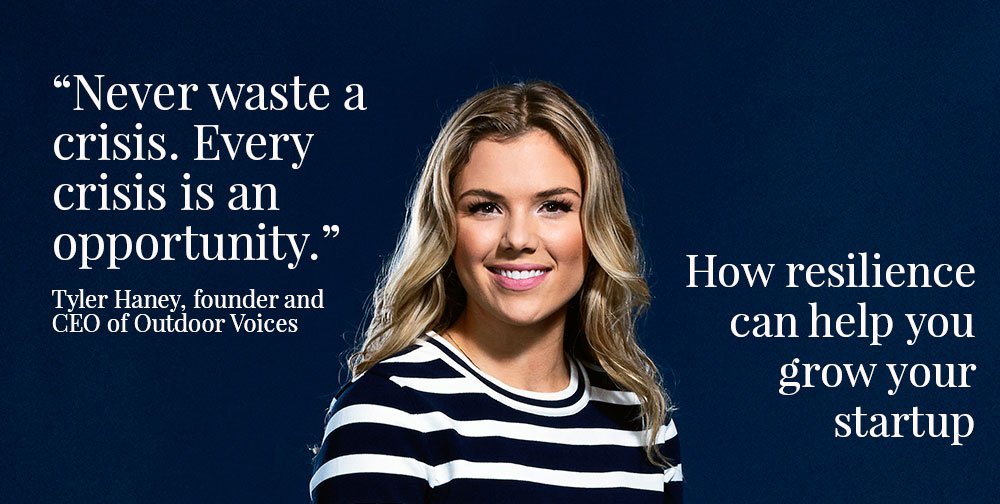Há uma frase mágica de Stephen Covey que guardo comigo:
"Não é o que nos acontece que conta, é o que nós decidimos fazer com o que nos acontece"
Há um outro autor, desconhecido(?), que tenho a sorte de conhecer, "Deep Survival" de Laurence Gonzales. Gonzales dá o exemplo do avião que se despenha na selva amazónica profunda e, os sobreviventes dividem-se entre uns que querem aventurar-se e procurar a salvação atravessando a floresta, há outros que querem permanecer junto ao avião
esperando que ele volte novamente a levantar vôo, há outros que
gritam por ajuda e esperam um milagre.
O que aprendi com Gonzales é que os que decidem aventurar-se e procurar a salvação, enfrentando o desconhecido, ao fazerem essa viagem, acabam por se transformarem a eles próprios e o mais interessante é que quando chegam à "civilização", ou quando são encontrados, já não estão perdidos, já se encontraram, já se adaptaram a uma nova realidade. Um pouco como o herói no modelo inicial de Joseph Campbell que deu origem à Jornada do Herói:
O herói acidental vive no mundo ordinário, e um evento convida-o/atira-o para a aventura...
Na vida das pessoas, das empresas e dos países, existem os fragislistas e os antifragilistas, os que têm o locus de controlo no exterior e os que têm o locus de controlo no interior. Há os que acreditam no alinhamento futuro dos planetas e os que sabem que não é se, é quando, sempre haverá tempos maus, tempos difíceis. Um mundo saudável não cresce sempre, sempre tem o seu Ragnarök, que vem podar os exagerados, os
exuberantes, e premiar os mais preparados, para iniciar um novo nível do jogo.
Os que têm o locus de controlo no exterior pedem ajuda aos governos, culpam os chineses, ou os alemães, ou o Trump. Viveram e governaram como se a tempestade não estivesse no horizonte das possibilidades. Comportam-se como as salamandras no meio da tempestade. Quando a tempestade chega, porque ela sempre acaba por chegar, a culpa é sempre dos outros, quer dos Passos, quer das Merkl desta vida.
Os que têm o locus de controlo no interior sabem que a responsabilidade é sua, e comportam-se como os
espalhadores de bosta, não são donos da coisa, apenas a gerem para passar à geração seguinte. E procuram não perder graus de liberdade para a tomada de decisão, algo que acontece quando perdemos a autonomia financeira ou a autonomia estratégica.
"Victorinox, the Swiss company that made the Swiss Army knife famous, saw its business dramatically affected by the events of September 11. The ubiquitous corporate promotional item and standard gift for retirements, birthdays and graduations, in an instant, was banned from our hand luggage. Whereas most companies would take a defensive posture—fixating on the blow to their traditional model and how much it was going to cost them—Victorinox took the offense. They embraced the surprise as an opportunity rather than a threat—a characteristic move of an infinite-minded player. Rather than employing extreme cost cutting and laying off their workforce, the leaders of Victorinox came up with innovative ways to save jobs (they made no layoffs at all), increased investment in new product development and inspired their people to imagine how they could leverage their brand into new markets.
In good times, Victorinox built up reserves of cash, knowing that at some point there would be more difficult times. As CEO Carl Elsener says, “When you look at the history of world economics, it was always like this. Always! And in the future, it will always be like this. It will never go only up. It will never go only down. It will go up and down and up and down. . . . We do not think in quarters,” he says. “We think in generations.” This kind of infinite thinking put Victorinox in a position where they were both philosophically and financially ready to face what for another company might have been a fatal crisis. And the result was astonishing. Victorinox is now a different and even stronger company than it was before September 11. Knives used to account for 95 percent of the company’s total sales (Swiss Army knives alone accounted for 80 percent). Today, Swiss Army knives account for only 35 percent of total revenue, but sales of travel gear, watches and fragrances have helped Victorinox nearly double its revenues compared to the days before September 11. Victorinox is not a stable company, it is a resilient one.
The benefits of playing with an infinite mindset are clear and multifaceted."
Trecho retirado de "The Infinite Game" de Simon Sinek.








%2006.21.jpeg)












